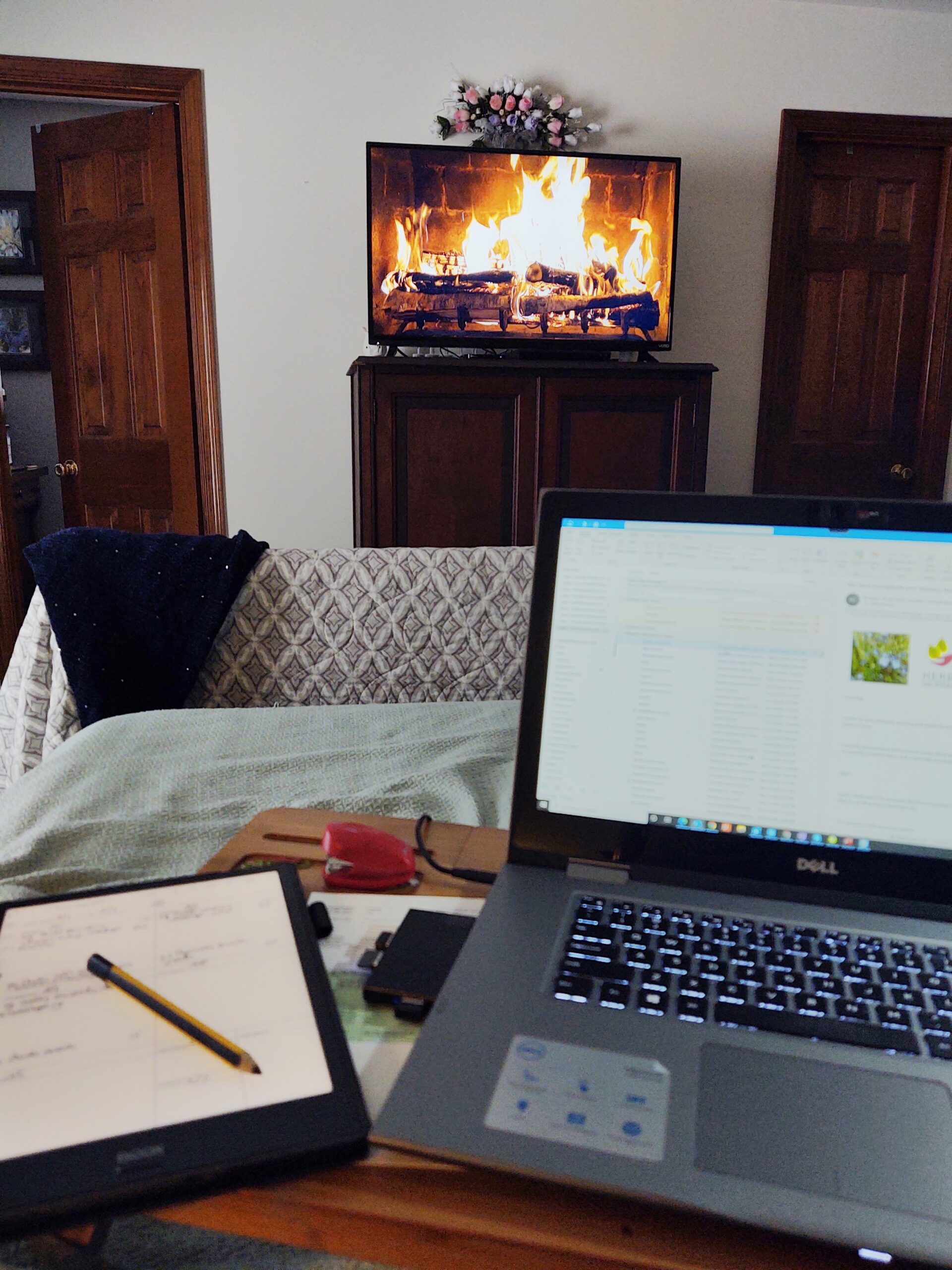Hey there, fellow freelancers and contractors! Today, let’s talk about something that can be a bit tricky: keeping your clients from treating you like an employee. We’ve all been there – getting bogged down with tasks that weren’t in the original agreement or feeling like we’re at their beck and call 24/7. It’s time to set some boundaries and keep things professional while still delivering top-notch work.
Set Clear Expectations from the Start
One of the best ways to avoid being treated like an employee is to be crystal clear about what you’re offering from day one. Outline your services, deliverables, timelines, and communication channels in your contract or agreement. This sets the tone for a professional relationship where both parties know what to expect.
Communicate Proactively
Don’t wait until issues arise to communicate with your client. Regular check-ins can help you stay on the same page and address any concerns before they become bigger problems. It also shows that you’re proactive and committed to delivering quality work.
Define Boundaries
It’s essential to establish boundaries early on. Let your client know when you’re available for calls or meetings and when they can expect deliverables. Avoid responding to work-related messages outside of your agreed-upon hours unless it’s an emergency. Respect goes both ways, and setting boundaries helps maintain a healthy working relationship.
Be Assertive
If your client starts asking for tasks that weren’t part of the original scope or agreement, don’t be afraid to speak up. Politely remind them of what was agreed upon and offer to discuss any changes or additions separately. Being assertive shows that you value your time and expertise.
Offer Solutions, Not Just Problems
If you encounter issues or challenges during a project, don’t just present the problem to your client. Offer potential solutions or alternatives. This demonstrates your problem-solving skills and proactive approach to finding solutions, which can strengthen your client’s trust in you.
Know When to Say No
Sometimes, a client may ask for something that doesn’t align with your expertise or values. In such cases, it’s okay to say no respectfully. Explain why you’re declining the request and offer alternatives if possible. Remember, it’s better to maintain your integrity than to take on work that doesn’t suit you.
Evaluate the Relationship
Periodically evaluate your working relationship with each client. Are they respecting your boundaries and agreements? Are they appreciative of your work and efforts? If you find yourself consistently feeling undervalued or overworked, it may be time to reassess the partnership or consider parting ways amicably.
In conclusion, keeping clients from treating you like an employee requires clear communication, setting boundaries, being assertive, and knowing when to say no. By maintaining professionalism and mutual respect, you can foster healthy and productive relationships that benefit both parties.
Keep freelancing like a boss!
Cheers,
Kathy ~ TheBestVA

